Formula 1 fans in 80 countries are missing Martin Brundle. He’s missing them too, so much so that he swears he’ll never again complain about having to stand in airport security queues on his way to lead Sky Sports’ worldwide coverage of a grand prix season.
As arguably the most authoritative pundit in the world of F1 – who drove 158 grands prix, raced Ayrton Senna and partnered Michael Schumacher in his pomp – Brundle has already enthusiastically signed up to cover every 2020 race that can be squeezed into an abbreviated season. Chance would be a fine thing…
We’re chatting shortly after F1’s authorities issued their latest proposal about starting the 2020 season: behind closed doors at the Red Bull Ring in Austria on 5 July. It has since been confirmed that the season will start with two races in Austria, followed by six more races in Europe – including a double-header at Silverstone in August.
When we speak that's not yet certain, but speaking from his home in King’s Lynn, Norfolk, Brundle, who has never been an F1 yesman, gives the plan an enthusiastic thumbs-up. “It’s great,” he says. “The sport has been needing a template it could work with. I’ve been talking to team bosses who reckon it will take three to five weeks just to get factories running again. And there’s a whole load of logistics to go through. How do teams travel? If they do, can they come home? Will people need virus testing? What about PPE? It’s definitely time to get started on this stuff.”
Brundle particularly likes the idea of going to Austria first, because it gives F1 the chance to “control its own train set”, as he puts it. “The circuit is owned by Red Bull,” he explains, “one of F1’s biggest supporters. There won’t be any issue of crowd control and there’s a large military airfield right next door. Some people think the lack of spectators might make things seem a bit half-hearted, but my sense is that people – teams and spectators – just crave normality. They know there’s no substitute for real racing.”
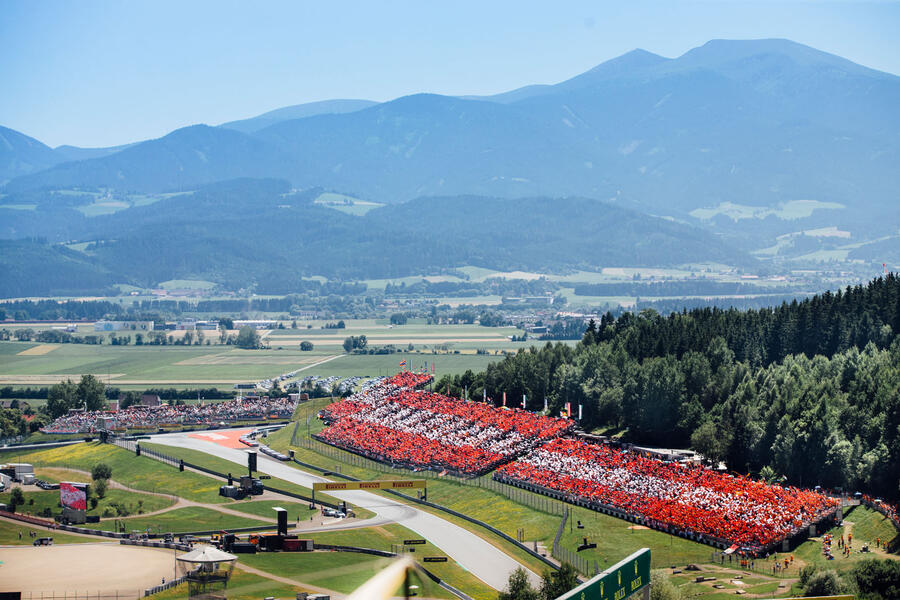

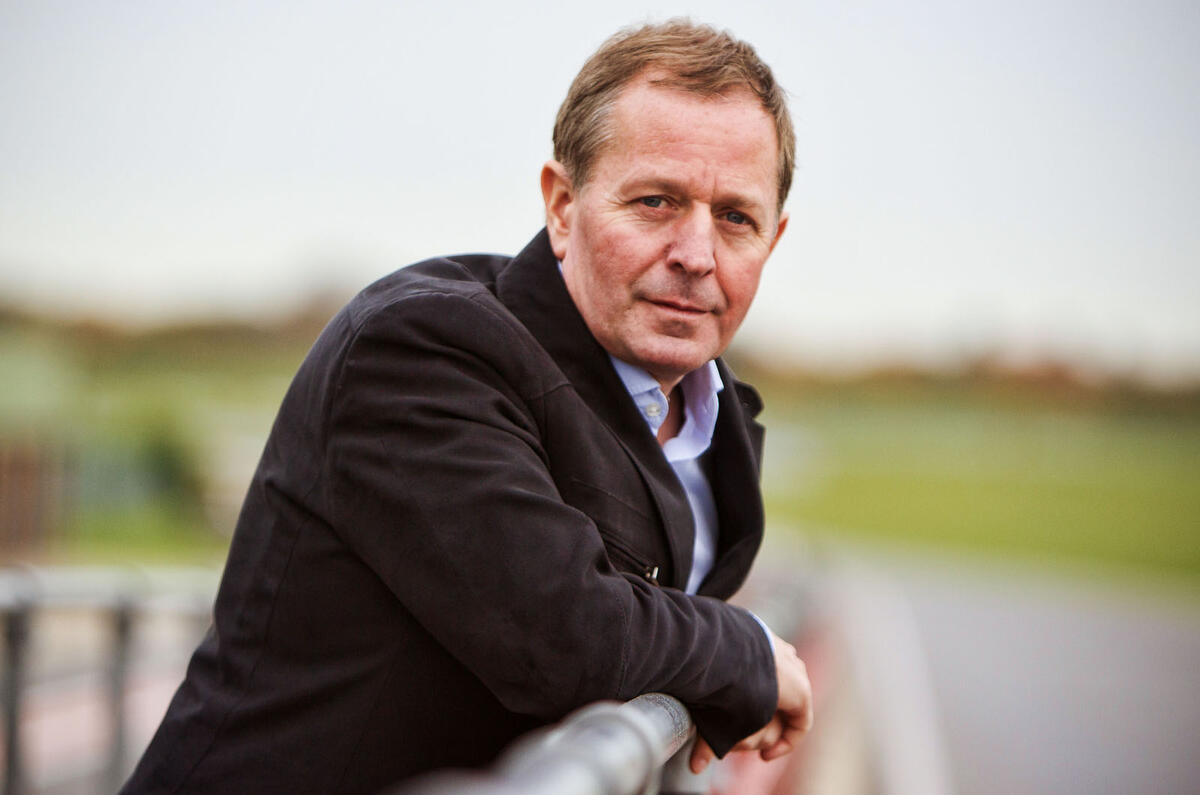

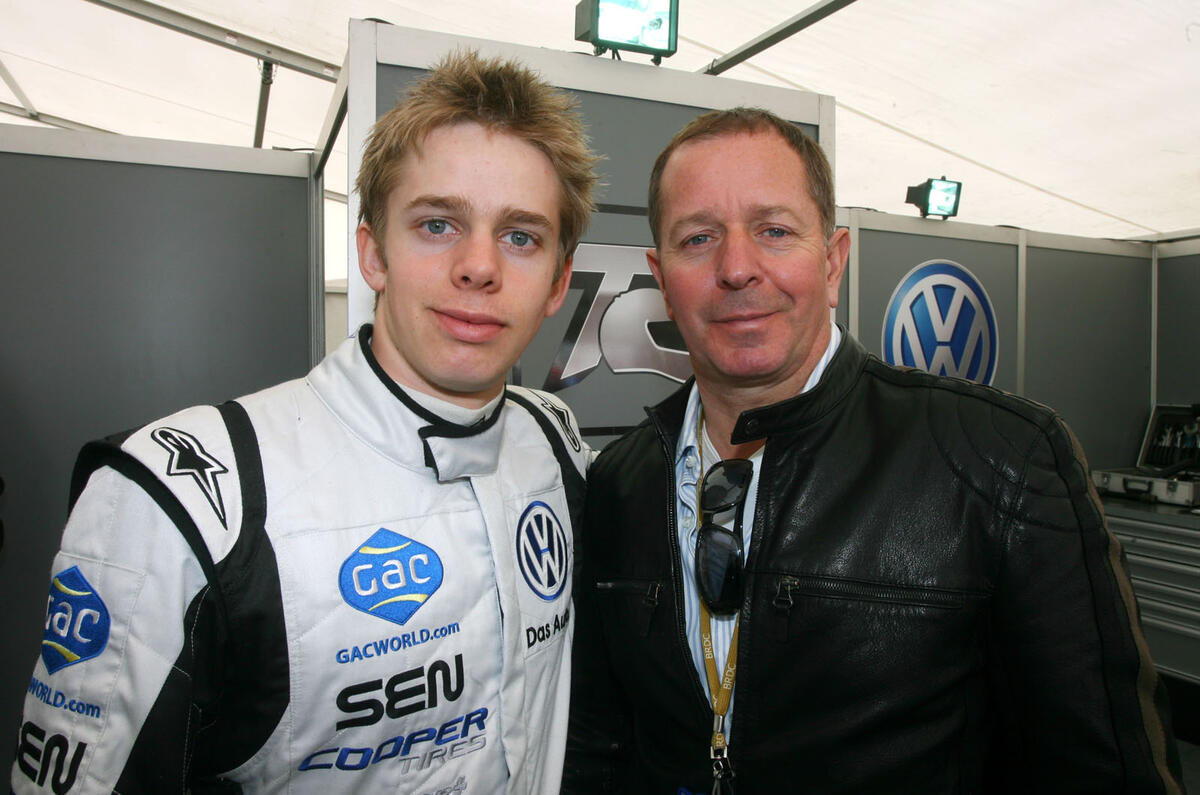
























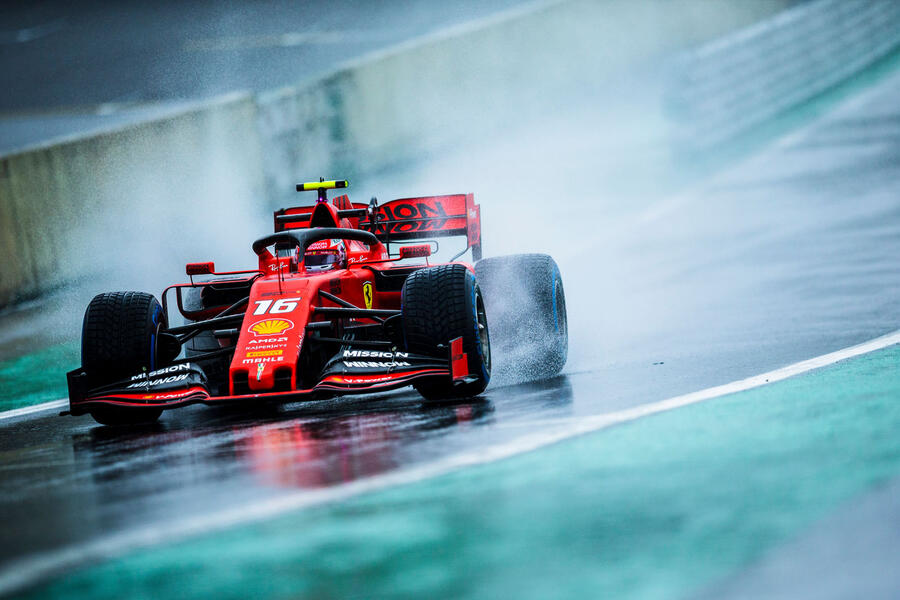
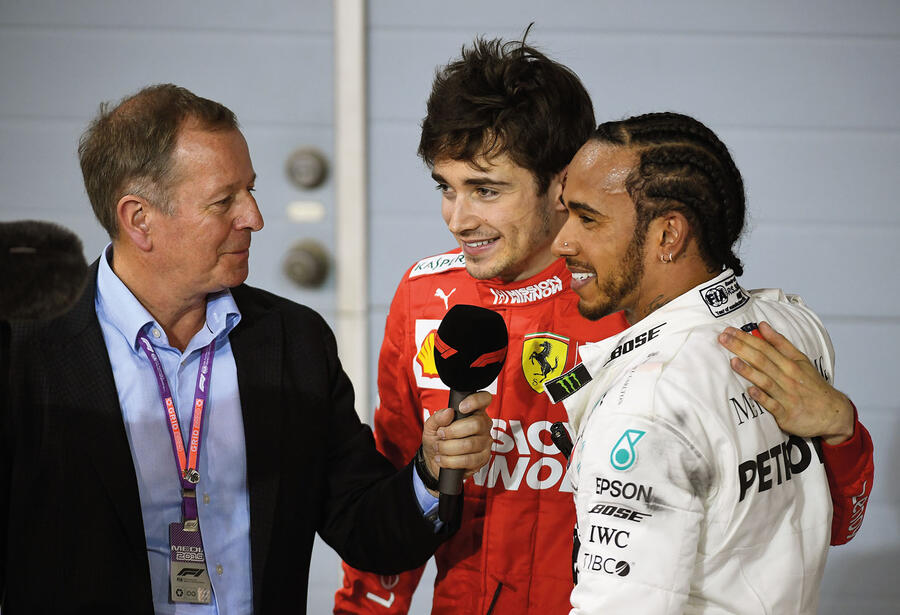
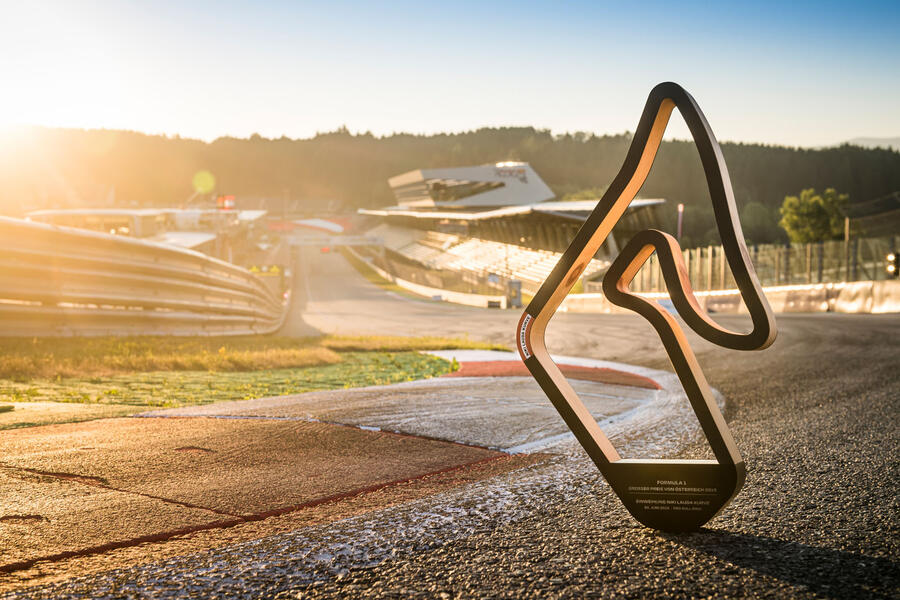





Join the debate
Add your comment
Just look back to when it was
F1.
Like most top sports, the actual sport is a by product, I honestly can't see why F1 is ignored so much, what does Football, Cricket, Baseball to name three have, that round the World go gaga when it's televised?, where's the difference?
Peter Cavellini wrote:
F1
The difference is they are relatable, they are inclusive. You don't need rich parents and the best most expensive equipment to win - simply talent, determination, hard work, and natural ability. They offer unmatched human feats, be it strength, agility, speed, coordination, stamina, or a combination of all of the above. Only the very best can make it to the very top, but almost everybody in the developed world (and many outside the developed world) is given the opportunity to have a go and succeed. Many help develop the values of teamwork and comradeship. They make better people of those who play them, at any level. In other words, the extremely popular sports you mentioned are Real Sports. Driving a car around is not.
qualifying
why do the fastest cars on the grid have to go out for all 3 sessions? it's a waste of fuel, powertrain mileage, tyres, brakes, and they could get in to a crash. A few seasons ago I said they should scrap quali and have the grid determined by the previous race's finishing positions, so the whole season ran continuously